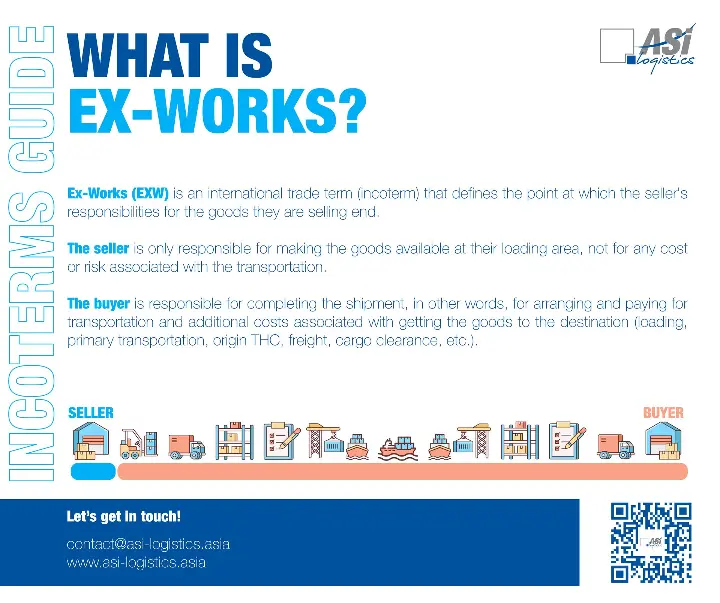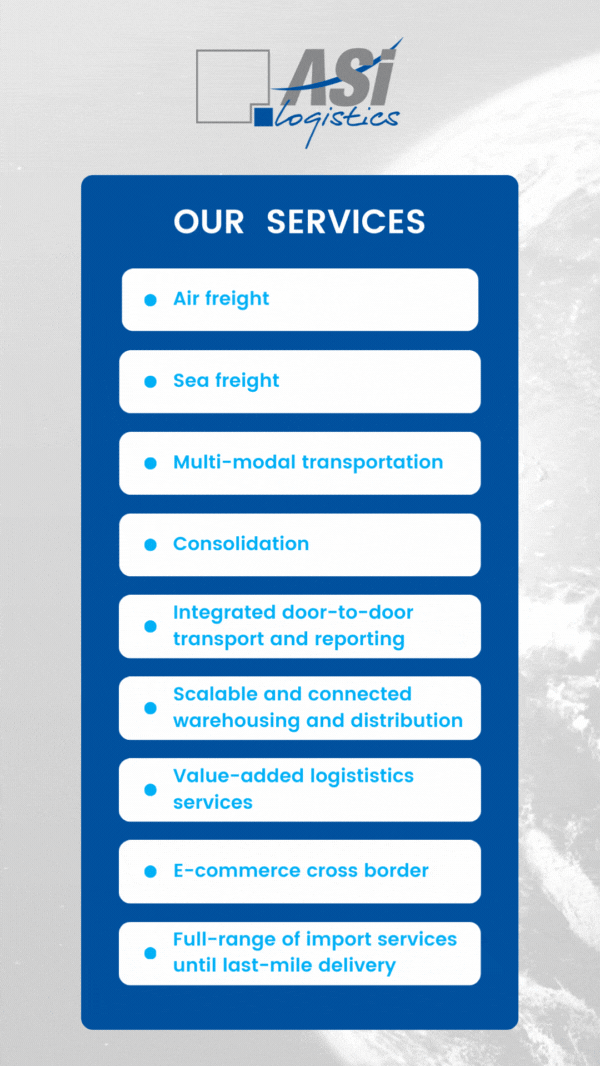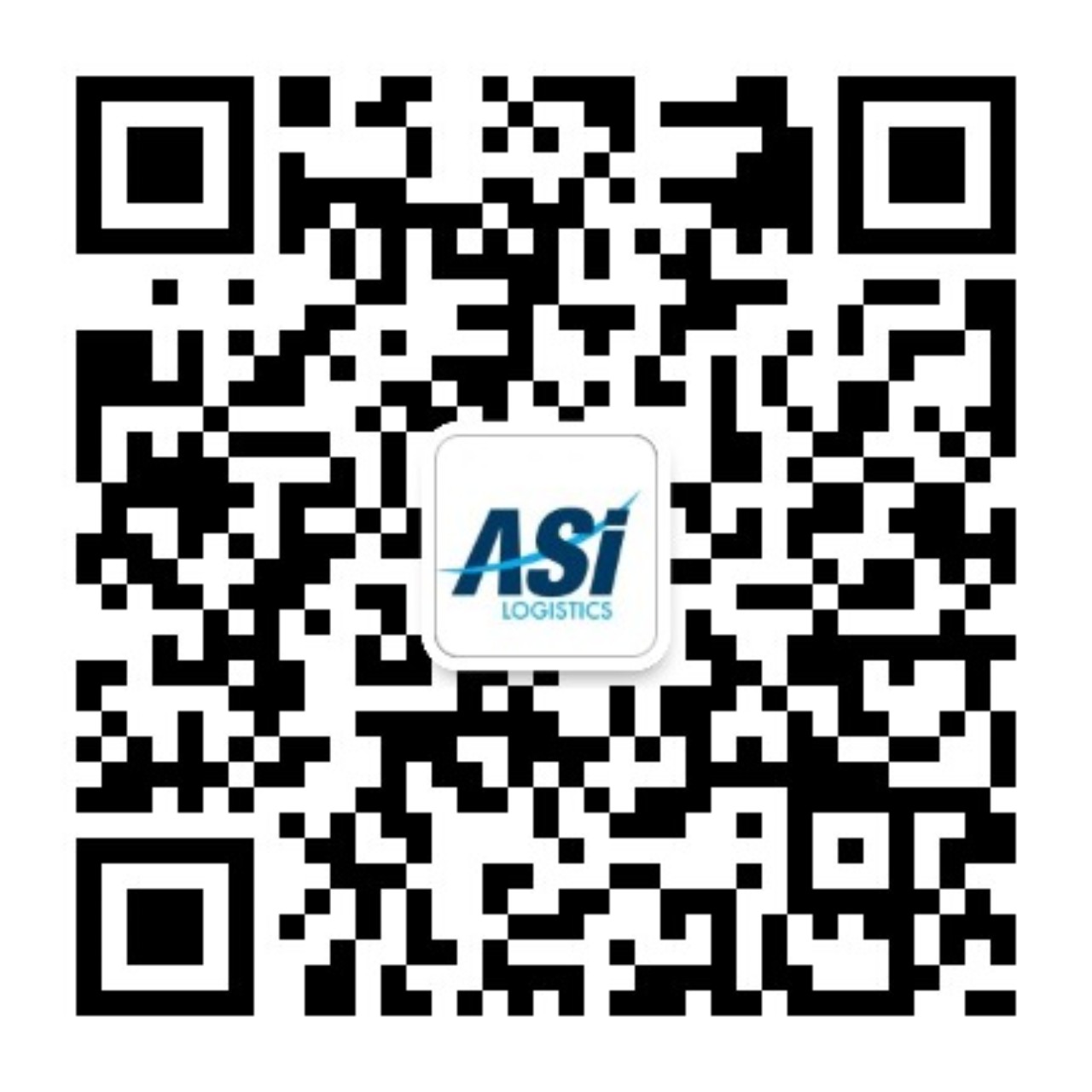Who bears which costs and responsibilities under Ex Works? What are the implications of this Incoterm, as well as the pros and cons of choosing it, or the best situations to do so?
Still unsure, or eager to refresh your memory? We answer it all in today's guide!
If your business is involved in international trade and your operations include importing or exporting goods, being aware of the intricacies and implications of your transactions and trade deals is essential. Hence, the importance of having a sound understanding of the various Incoterms that state who is responsible for the transportation and delivery of goods.

After covering FOB in our last Incoterms Guide, today, we tackle another frequently used Incoterm: Ex Works, or EXW.
Which costs and responsibilities are born by the seller and the buyer under this Incoterm, and what are the other implications of this trade agreement? Read this guide!
What Is Ex Works?

Under EXW, the seller is typically only responsible for making the goods available at a designated location (typically, their factory or warehouse). They thus only have to ensure the goods are prepared, packaged, and ready to be loaded at the said location on the agreed date.
In turn, the buyer assumes all the costs and responsibilities of transporting the goods to their destination.
Under standard EXW, the buyer is in charge and bearing the risks of loading the goods at their pick-up location, transportation, arranging export/import formalities, and customs clearance, if any.
What About In Practice? A Real-Life Example of Ex Works

What Does Ex Works Imply? The Pros and Cons

1. Ex Works advantages the seller
Transportation costs and associated risks are borne by the buyer. Hence, this Incoterm favors the seller since they only have to package and make them available at a designated location. In contrast, the buyer has to bear all the costs, responsibilities, and risks associated with the transportation of the goods.
2. The buyer is responsible for exporting the goods
In other words, they have to obtain or have in their possession an export license to ship the goods.
3. The buyer is responsible for customs clearance in the origin country
This means that if the seller's information is incorrect, the subsequent additional costs are the buyer's responsibility.
4. EXW is one of the cheapest Incoterms for the buyer (even though one of the most burdensome)
EXW can be one of the least expensive options first because buyers can control their costs and select and arrange the most cost-effective transportation option. This includes having the possibility to consolidate purchases from several sellers, i.e., optimizing shipping costs through needing fewer containers. Second, EXW is one of the cheapest options when purchasing goods because the seller bears no costs or obligations and does not reflect them in the pricing.
5. The buyer works with trusted representatives and logistics providers
Trusted representatives can make a huge difference in ensuring the goods are made available in the agreed terms by the seller and effectively shipped from the country of origin. Similarly, partnering with a reliable logistics provider is essential for the buyer when they bear all the costs and risks of the associated steps.
No matter the context, ASI Logistics, strong with 15 years of expertise, provides you with the most adapted logistic solution to fit your needs and ensure you enjoy the benefits of smooth operations.
Thanks to our seven offices, including six conveniently located on China's east coast logistic hubs (Shanghai, Qingdao, Xiamen, Ningbo, and Hong Kong), its two branches in Ho Chi Minh City, Vietnam, and Phnom Penh, Cambodia, and its worldwide network of logistic experts, ASI Logistics accompanies you at every step of your product's journey from, to and within Asia.
Our Values

Get in touch with our teams!
Contact Us
Source:
- INCOTERMS® Rules - ICC - International Chamber of Commerce. ICC. (2021, June 22). Retrieved February 2, 2023.
